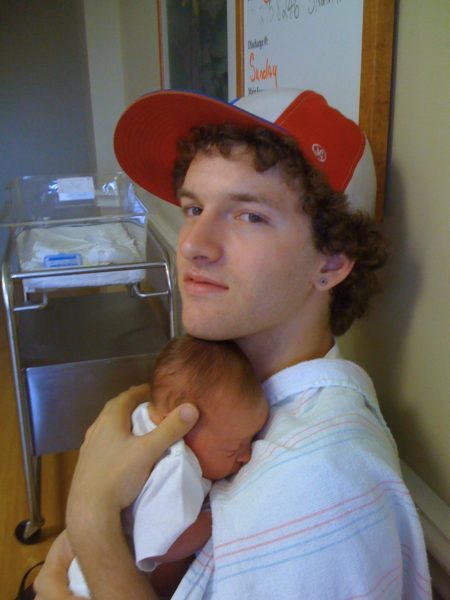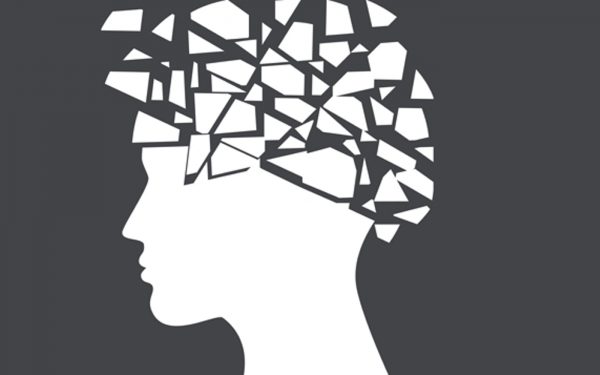It seems like this is the month when I take care of gimps with broken bones. My husband broke his foot when someone on the racetrack accidentally t-boned him. The bad thing is we leave for Norway Thursday, but at least we’ll get priority boarding! We have an appointment with the ortho doc sometime tomorrow to confirm what my orthopedic surgeon son-in-law suspects. I’m just thankful that it wasn’t worse.
Enjoy today’s post. Hope your weather is better than mine!
Me: Let’s go to the main topic and that’s alcoholism. I went on this cruise, long time since I’ve been on one, and of course we get the Ultimate Drink Package, and I’m like, ‘I’m going to get my money’s worth.’ So we had 3-4 glasses of red wine a day. I think we probably broke the bank for them, but now, we’re drying out our livers. So alcoholism. What’s the spiritual basis? Tell me what you can from the spiritual side.
Erik (eye up to the camera): That’s a good one, Mom.
Me: It is! A lot of people suffer from it.
Kim: He was laughing at you when you said you have to get your money’s worth.
Erik: Do you ever not?
Me: I know! I try!
Erik: Alcoholism has a lot to do, obviously, with the mind, thought processes. People that abuse or are addicted to alcohol have themselves convinced that they need it. It’s not just a habit. They have themselves convinced on a mental and emotional level that they need it, so it may not even be out of feeding for it, so to speak, like, “I need to go get some.”
Me: Not like a body or physiologic need? Is that what you’re saying? It may not be that necessarily, but it can be?
Erik: Right. Not always. A lot of times, people just convince themselves that they need it. It’s an escape or outlet.
Me: Yeah, like, “Oh, I’m grieving really badly. I need this. I miss my daughter who died a year ago, and I deserve this because it makes me feel better, and it helps my grief.” It probably doesn’t since it’s a depressant. But is that what you’re talking about?
Erik: Yeah, I’m talking about coming home and going, “Oh, I had a shitty day at work, and I’m just going to drink some whiskey, and it’ll all be better.” A lot of times, that’s how it starts. People use it to escape reality only to find out that reality comes back and hits them harder each time they sober up. When you see it so severe that someone doesn’t know sobriety for an extended period of time, these are people who are disillusioned from self, not knowing who they are, not feeling connected, not being grounded in reality. They have no desires or motivation in life to ground like if we’re motivated to write a book, if we’re motivated to teach—those are things that ground us into our reality, our experiences and ourselves. It helps us become productive. When someone gets so severe in it that they give up on everything, that’s because they’re not grounded. Often, when people experience severe addiction, they’re not grounded in who they are. They’re not grounded in themselves in this life. Whatever they’re addicted to is like their security blanket, Mom. They don’t know how to fit in or what else feels comfortable, but that substance is something they do have control over whether it’s a drug or alcohol. So the nature of addiction is like a security blanket. “Nothing else makes me feel comfortable, but at least I have this thing.” So it’s a control thing, too.
Me: Well, what can they do to ground themselves?
Erik: People in the latter category who are in it pretty deeply need help. They need treatment. They can’t rely on themselves to pull out of it.
Me: Yeah.
Erik: Well, they can, but it’s pretty rare. So if you’re not someone who’s in it that severe but you see a pattern possibly beginning, even if it’s in a loved one, you have to be able to separate from that habit or outlet and define yourself. You can’t use the habit in any way to define who you are. Whether it’s, “I’m a teacher,” “I’m an author,” “I’m a firefighter,”—
Me: “I’m a mother,” “I’m a wife,” “I’m a friend.”
Erik: Start there, and then find out what makes you a teacher. Is it the kids you work with? Is it the creative leverage that you have? Start defining yourself little by little to ground yourself. That’s how you reconnect to your personal power and motivation. Then there becomes less of a need for the alcohol or the abuse of it. You know, there’s nothing wrong with drinking alcohol, but if it becomes like, “I can’t deal with life. I need to drink,” then you should probably be really cautious. Choose your actions wisely because it can easily be a downhill, slippery slope.
Me: Oh, yeah. So what can someone do if they have an urge for a drink or a drug?
Erik: I want to talk about alcohol because it’s a little bit different. If someone has an urge for a drink, “It’s been a rough, long day. I just want a glass of wine,” mindfulness is key. Being mindful of, “I’m going have this glass of wine and just relax and enjoy my evening,” that’s fine, but be mindful in that moment that you have that glass of wine. Look at the emotional motivation behind it. Are you having that glass of wine or that shot of whiskey because you’re pissed off or frustrated or you feel like a failure? If so, it’s become an emotional attachment that disillusions you from who you are.
Me: Oh, yeah!
Erik: It separates you from knowing who you are. You begin to identify yourself with the alcohol and convince yourself that you need it to function as yourself. It’s a deep-rooted mind thing. If you have that urge, there’s nothing wrong with a drink or two, but look at the emotional motivation behind it. Be mindful to whether it’s becoming more habitual and more of an outlet. Be cautious.
Kim: He’s throwing up yellow caution flags.
Me: Or if you start saying, “It’s five o’clock somewhere!” then that’s always a telltale sign.
We both laugh.
Me: Just a couple more quick questions. Is it ever a spiritual contract to come in as an alcoholic or addict?
Erik: Most of the time, Mom, it’s a spiritual contract to experience a disillusionment or separation from reality and alcoholism is based on free will.
Me: Ah! Well, why would someone want to come in with a disillusioned sense of reality?
Erik: It’s polarity. Polarity teaches you more about who you are. It’s really no different from somebody coming in and experiencing schizophrenia through free will and being disillusioned and disconnected from reality.
Kim: This is interesting.
Erik: It varies, Mom. It depends on the person’s soul and what they’re here to learn, how they’re here to grow and the expansion that they’re trying to achieve.
Me: Okay. Are there any cures, possibly long-term, like taking Ayahuasca or DMT or anything totally out of the box?
Erik: Both of those would be effective resets, but they also need mental counseling. If someone is in a place where they have this dependency, they need mental counseling, since most of the time it’s a mental and emotional issue.
Me: Which one of [those drugs] are better? Should you go to Peru and do Ayahuasca or to Costa Rica and do DMT?
Kim: Whatever DMT is, he’s resonating more with that. He makes me feel like both will give you a hard look at reality. They awaken you in a raw state where you have more understanding. It’s almost like a super consciousness, a heightened awareness.
Erik: You understand not only the effects of what you’re doing and why you’re doing it, but also how to change it. But you have to go in there with the intentions, Mom. It’s like with past life regression. You have to go in with the intentions to heal. Go in there with the intentions to heal the alcoholism, and you’ll be able to see a much broader perspective of what it is, why it is and how it affects your life.
Me: Okay. What was I about to say? I lost my train of thought. Is there one way we can tweak our perspective that will help us with this problem like a mantra or whatever?
Erik: There are two things.
Me: A two-fer! BOGO! Erik’s giving us a BOGO, buy one, get one.
Kim laughs.
Erik: Don’t judge these people.
Kim: He’s speaking from his heart.
Erik: In dealing with this, don’t criticize them. It’s not going to help. It’s just going to make them want to escape that criticism. It’s not going to help to judge them for what they’re going through.
Me: No, of course not.
Erik: If there’s a mantra I could suggest, it’s, “I am strong” because it’s in the moments of emotional weakness that we need to know our power. When I say, “weakness,” that word means so much more. Vulnerability, lack of control, when people want to feel like they need to have control, this mantra is easy to go to. You have to believe it, though. Don’t just say it.
Me: I want to add that it’s very important to address underlying issues like depression, PTSD, anxiety, etc. so a healthcare provider, mental healthcare provider or otherwise, needs to be involved.



